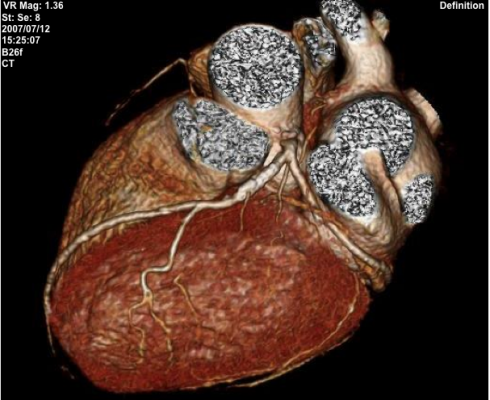
February 23, 2012 – According to a new survey issued by the Heart Rhythm Society (HRS), the majority of Americans are unaware of two serious and potentially life-threatening heart rhythm disorders, atrial fibrillation (AF) and sudden cardiac arrest (SCA). Only one in three Americans have ever heard of AF or recognize the number of lives claimed each year from SCA. Throughout Heart Health Month in February, HRS spotlights the need for public education on heart rhythm disorders affecting millions of people and the specialists best suited to treat them – electrophysiologists.
More than 250,000 deaths occur each year as a result of SCA, more than breast cancer, lung cancer or AIDs. According to the recent survey, more than 65 percent of Americans not only underestimate the seriousness of SCA, but also believe SCA is a type of heart attack. While this current data does show a 5 percent increase since HRS’ 2008 survey, the lack of awareness remains high and further education is needed. Additionally, more than 2 million people in the United States live with AF, yet survey results showed only 50 percent know AF is a type of heart rhythm disorder.
“The Heart Rhythm Society is committed to helping educate the public about heart health and creating the best possible environment to improve long-term patient care,” said Bruce L. Wilkoff, MD, FHRS, CCDS, president of Heart Rhythm Society. “We want people to become more aware of the life-threatening heart rhythm conditions affecting millions of Americans every day, those that go beyond heart attacks or other well-known types of heart disease. Heart Health Month is a great time to spread the word.”
HRS developed two consumer awareness initiatives to focus on risk assessment, prevention and treatment of SCA and AF. The “Apples and Oranges” campaign explains the differences between SCA and a heart attack, while the “A-Fib Feels Like” campaign brings to light the warning signs of AF and the link between AF and stroke. Altogether, these campaigns provide detailed information to help people become more informed about common heart health issues and the field of electrophysiology.
For more information: www.HRSonline.org


 January 05, 2026
January 05, 2026 









